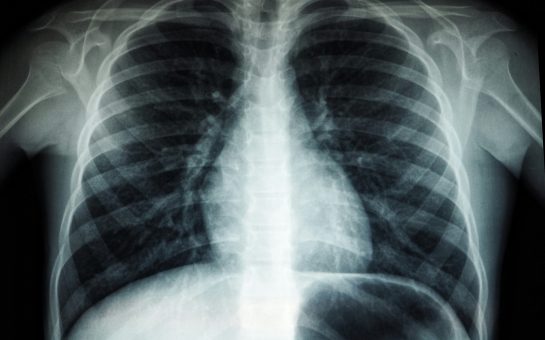The number of Manchester residents relying on food banks for their next meal is set to surge with the welfare cuts announced by George Osborne in the 2015 Budget, according to new research.
The Tory-imposed benefit cuts and universal credit is set to have a massive impact on both the city’s people and the food banks as, when asked by Thinkmoney, half say they are ‘only just coping’ with present demand.
The report also revealed that two thirds of Manchester food banks say they would struggle with just a 5% increase in the number of people who rely on them.
Michelle Welch from Moss Side’s Compassion Food Bank – which already helps over 4,000 people each year – said: “Suddenly, people will have all of their income in one go and they’ll have to budget for the entire month. We know that we’ll have more people coming in here.”
Welfare changes, delays and sanctions are already the biggest cause (76%) of people needing to attend food banks and with universal credit affecting 8million people this figure could be increasing.
It is estimated 11% of people have a different reason for attending food banks – for them it is because of problems with debt and/or low wages.
Caroline Collins from the Raft Foundation, an independent food bank in Rawtenstall in Lancashire, explained that ‘one little thing’ can push people to not being able to feed themselves or their families.
She said: “Lots of people have ‘employment poverty’. They have jobs but they are zero hours or minimum wage jobs, so one little thing can push them over and suddenly, they can’t afford food.”
Despite their best efforts to supply enough food to sustain their visitors, the food banks investigated estimated that 93% of the people they help go hungry at least once a week to ensure their families are fed.
Ian Williams, a spokesperson for Thinkmoney, said: “It’s shocking that in 21st Century Britain so many people are relying on food banks and still going hungry on a regular basis.
“It’s concerning to think what will happen if the food banks aren’t able to cope with increasing demands.”
Although independent food banks help a huge number of people – on average 45 per week with 10% supporting more than 100 – many would be able to help more if the strains placed on them could be overcome.
The main limitation faced by almost one third of the independent food banks is a lack of regular food supplies.
A whopping 80% of independent food banks rely on public donations via donation points at supermarkets, churches, schools and contributions from their own volunteers.
Just four out of the 70 food banks involved in the research receive donations from supermarkets themselves – this means that for the majority of banks maintaining a steady supply can be a struggle.
Many of the food banks are keen to see more supermarkets and food producers partnering with them to donate items and almost half said that an increased demand would force them to approach supermarkets for support.
Being supported by such companies could also assist another challenge faced by most food banks; the safe storage and distribution of fresh produce.
Less than a quarter of the food is fresh at 91% 91% of the food banks, meaning the majority of produce given out is dried, tinned or powdered, including beans, rice, pasta, soup and tinned fruit and vegetables.
Most food banks aim to provide staple goods so people can afford to buy their own fresh food.
However, if people have no extra money to do this, the supplies allocated can fail to meet basic nutritional standards.
Deborah Chapman, who runs Llanelli Lifeshare Food Bank in Wales, said: “I believe that we are storing-up a health nightmare for the future because of the reliance of food banks.
“I would be concerned about people’s health if they are only eating from food banks for long periods of time, as most of it is tinned or dried.”
Mr Williams explained that reliance on food banks is making it impossible for mums and dads to feed their kids a healthy, well-balanced diet.
He said: “It’s natural that we want to give our children the best we can and that includes feeding them well. For too many families, that is becoming almost impossible.”
Another problem the food banks experience, despite the increasing number of people accessing food parcels and handouts, is the stigma associated with them.
According to the research 65% of the food banks believe the people they help ‘feel ashamed’ about using their services and consequently many feel the responsibility to try and help.
Ms Collins from said: “For us, it’s about keeping people’s dignity. As well as food, we provide household items such as shampoo, toothpaste and toilet rolls.
“If you can’t brush your teeth or wash your hair, you’ll feel very poor. All we’re doing then is throwing a sticking plaster at the problem.”



